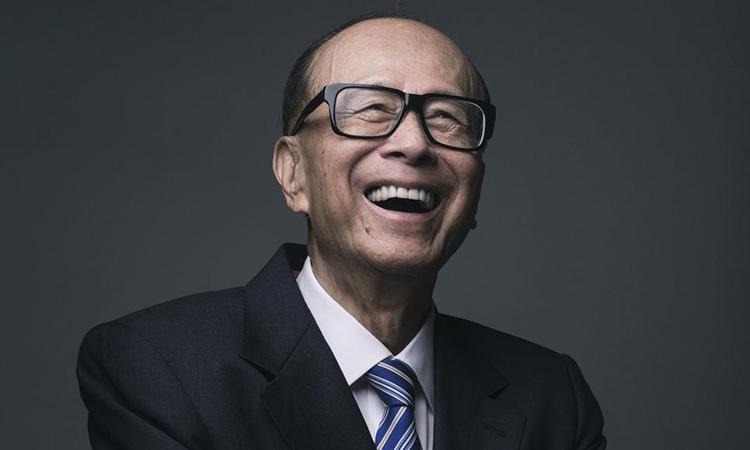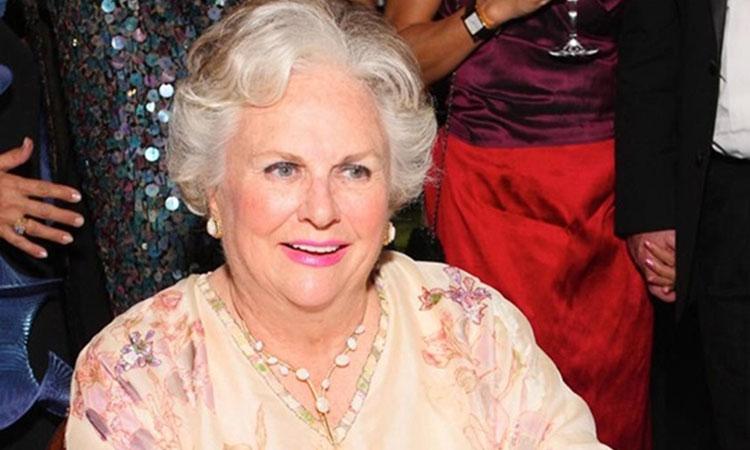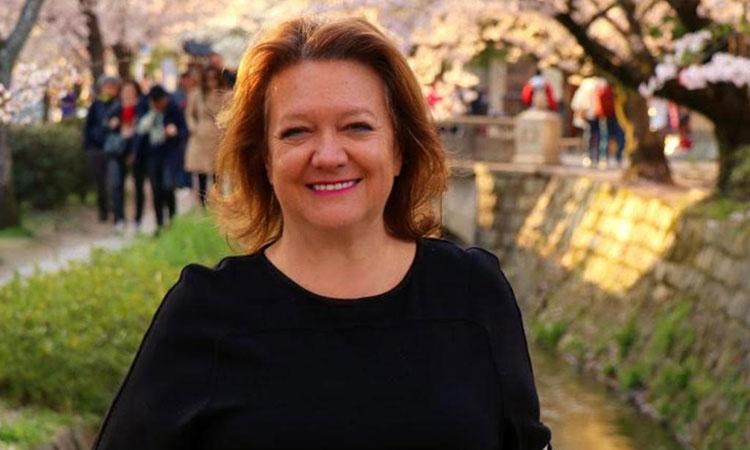Li Ka-shing is a Chinese philanthropist and entrepreneur who is largely regarded as one of Asia's most powerful businessmen. His enterprises are involved in a variety of ventures, including real estate, ports, and infrastructure.
With an estimated net worth of US$29.4 billion as of June 2019, Li is the world's 30th richest person. After retiring as Chairman of the Board in May 2018, he is now a senior advisor for CK Hutchison Holdings and CK Asset Holdings through them, he is the world's leading port investor, developer, and operator of Asia and Europe's largest health and beauty shop.
In February 2021, Forbes magazine published its Hong Kong fortune league table, which revealed that Li Ka-shing had restored his place as Hong Kong's richest person, ranking 43rd on the list of Billionaires 2021.
Also Read | François Pinault : From son of timber merchant to owner of luxury conglomerates
Li is also known as one of Asia's most generous philanthropists, having given billions of dollars to charity and other philanthropic organisations, as well as controlling the world's second largest private foundation, after the Bill and Melinda Gates Foundation. Li was named on Forbes' list of the world's most generous philanthropists outside of the United States in 2019. Because of his financial prowess, Li is known in Hong Kong as "Superman Li."
After the Japanese invasion of mainland China in 1940, Li was born into an impoverished family that escaped to Hong Kong. He was forced to quit school before the age of 15 due to his father's death from tuberculosis, and he found work at a plastics trade company, where he worked 16 hours a day.
Li started his career as a salesman in Hong Kong and eventually founded Cheung Kong, a plastics company, despite having little formal schooling. Cheung Kong began creating fake flowers and shipping them to the United States in the 1950s, and business exploded. As the company grew, Li began to acquire property at a rate that made him Hong Kong's leading private developer by the late 1970s.
Li launched a plastic manufacturing company in Hong Kong in 1950 with personal savings and monies borrowed from relatives after learning how to manage a factory. Before deciding to serve the globe with high-quality plastic flowers at reasonable prices, Li devoured trade periodicals and business news. Li learned how to combine colour with fake flowers that look like genuine flowers.
He prepped the plant for a visit from a significant overseas buyer after retooling his shop and hiring the best technicians he could locate. The buyer was so impressed with Li's plant that he made a hefty order. Li became Asia's largest supplier of plastic flowers a few years later, and he made a fortune selling them.
When Li purchased a majority position in Hutchison Whampoa in 1979, he became the first Chinese businessman to buy one of the large British-owned local trading enterprises.
Hutchison became the world's largest independent port operator under his supervision. In addition, the business purchased Husky Oil in Canada and established mobile phone operations in Australia, Europe, and the United States. One of Li's other businesses was Tom.com, an Internet service that became quite popular in China.
The way Hutchison made money in the mobile phone market in the United Kingdom was emblematic of Li's business strategy. Hutchison got its foot in the door by investing in a failing phone company named Rabbit, and then launched Orange, which was ultimately sold for £8.83 billion ($14.6 billion).
Hutchison returned to the telecommunications market in the United Kingdom shortly after, obtaining a licence for a wireless Internet service. Identifying potentially lucrative technologies before they became lucrative, investing in them, and then selling when the properties reached peak value were all part of Li's strategy for making money.


















